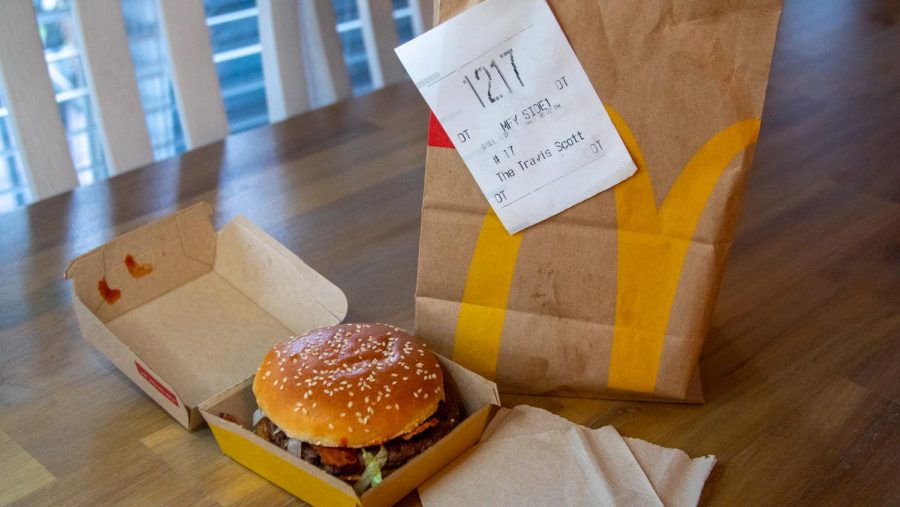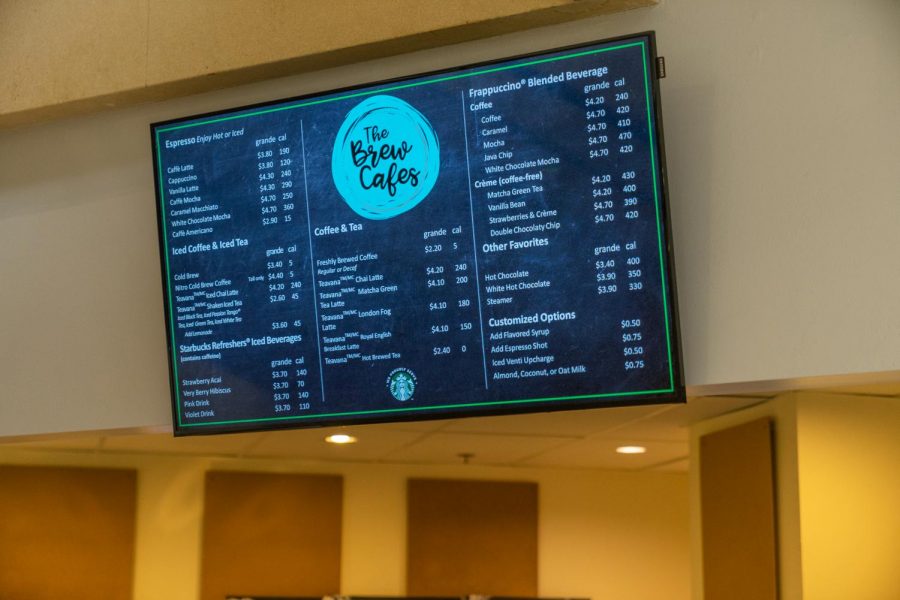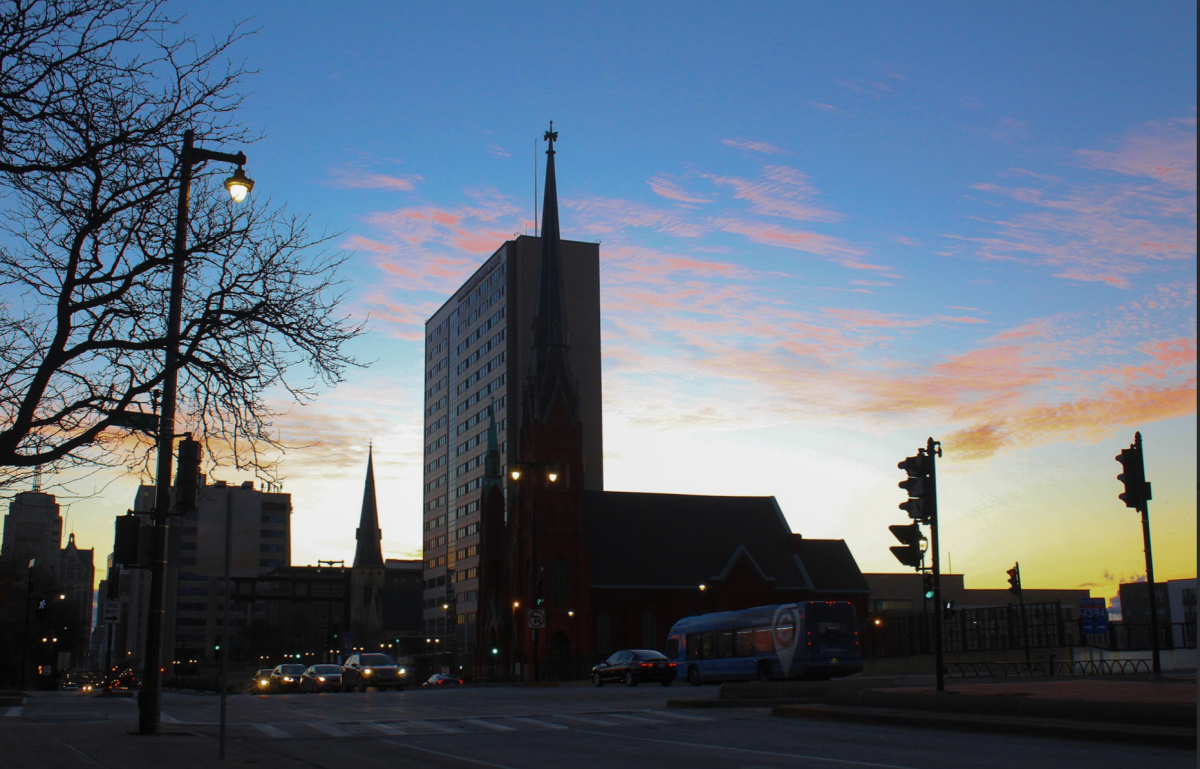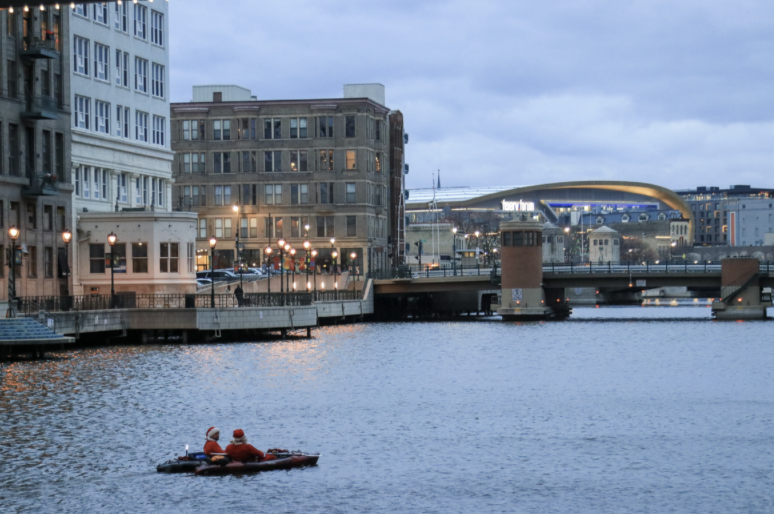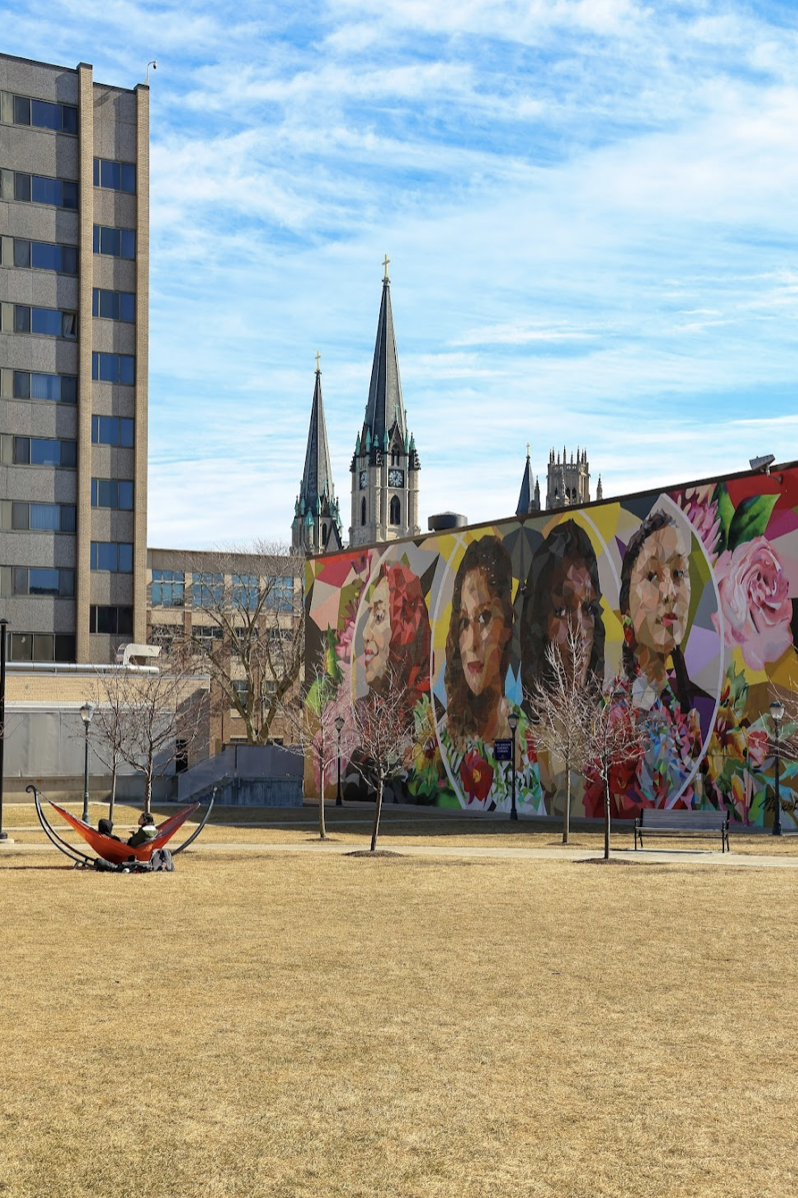 Employees of fast food restaurants in Milwaukee performed strikes and walkouts Thursday in an effort to increase the minimum wage to $15 per hour. The protests are part of a nationwide movement, with similar demonstrations in St. Louis, Chicago and New York City.
Employees of fast food restaurants in Milwaukee performed strikes and walkouts Thursday in an effort to increase the minimum wage to $15 per hour. The protests are part of a nationwide movement, with similar demonstrations in St. Louis, Chicago and New York City.
Some protests occurred at restaurants in West Milwaukee, including a McDonald’s on Miller Park Way. Wisconsin’s minimum wage is $7.25 per hour.
The protests have received criticism that increasing the minimum wage will lead to higher food prices and job cuts. Nicholas Jolly, an assistant professor of economics, said he thinks increasing the minimum wage could also lead to employees working fewer hours.
“Labor is a service that is bought and sold in a market,” Jolly said in an email. “Just like any other good or service, if the price increases, then it is reasonable to expect that less of it will be purchased.”
John McAdams, an associate professor of political science, argued that despite the low wages, fast food employees receive many social welfare benefits such as food stamps, Medicaid, state and federal earned income tax credit and eligibility for subsidized housing.
“(The fast food employee) would have a living income even if (they are) not making a living wage,” McAdams said.
McAdams also said he thinks supporters of the protests should remember that many fast food employees are either teenagers living with their parents or retired persons looking to make extra money.
Critics of the protests are weary of fast food employees asking for a large pay increase for unskilled labor, especially since fast food companies are not the only ones that pay minimum wage.
“If you single out one sector and impose a super minimum wage there, you basically privilege one set of workers because of their political power, not because they’re any more productive,” McAdams said.
Carlos Soria, a sophomore in the College of Arts & Sciences, was a cashier at a McDonald’s in Chicago last summer. He said that while he would not have joined the protests, he felt they were justified. Soria said he saw some employees quit because they felt overworked and underpaid.
“There would be times where I was doing a lot and the payment didn’t make sense,” Soria said. “I would go back and work for $15, (but) I think $10 would be fair. I think that would make the workers feel better and keep them coming back.”
Paul Secunda, a Marquette law professor, points to other countries to argue in favor of raising the minimum wage.
“McDonald’s and other restaurants’ fast food workers make closer to $15 per hour by law in other countries, and McDonald’s and these other companies still choose to open restaurants there,” Secunda said in an email. “I am all for the workers striking for fairer wages.”
Secunda said unless protesters act collectively, they won’t receive national attention.
Jolly said he believes the protests have been successful in receiving that attention.
“These strikes are certainly making headlines and bringing this issue into public debate,” Jolly said. “If this is the goal of the employees, then they are certainly working.”


